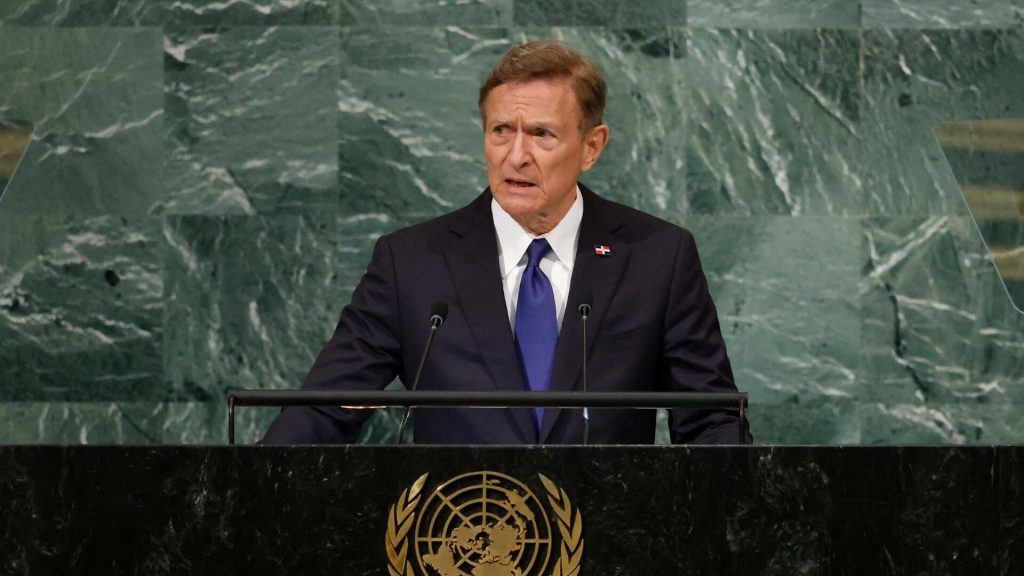In a recent interview with Al Jazeera, Roberto Alvarez Gil, the Foreign Minister of the Dominican Republic, discussed the implications of the escalating criminal gang turmoil in neighboring Haiti. The increasing violence and control of criminal gangs in Haiti’s capital have raised concerns in Santo Domingo about the possibility of spillover effects impacting their country. As such, the Dominican government must consider the potential human and security ramifications of this situation and take necessary steps to address these challenges.
Alvarez Gil acknowledged that the situation in Haiti is concerning and stressed the need for proactive measures to prevent the spread of violence across the border. The Dominican government is evaluating various strategies to confront this issue and ensure the safety and security of its citizens. While specific details of these plans were not disclosed in the interview, it is clear that the government is taking this threat seriously and working diligently to develop a comprehensive response.
The Foreign Minister emphasized the importance of maintaining open lines of communication with Haitian authorities and cooperating on security measures to combat the criminal gang influence in the region. By collaborating with their counterparts in Haiti, the Dominican Republic hopes to address the root causes of gang violence and prevent further destabilization in the area. This partnership between the two countries is vital for effectively addressing the shared challenges posed by criminal gangs.
In light of the escalating violence in Haiti, the Dominican Republic must prioritize the protection of its citizens and take proactive steps to safeguard its borders. Alvarez Gil highlighted the need for enhanced border security measures to prevent the entry of criminals and illegal activities into the country. By strengthening border controls and increasing surveillance efforts, the government aims to mitigate the potential spillover effects of the gang turmoil in Haiti.
The Foreign Minister also stressed the importance of addressing social and economic disparities that contribute to the rise of criminal gangs in the region. By investing in education, job creation, and social programs, the Dominican government aims to address the root causes of violence and offer alternative opportunities to at-risk individuals. Additionally, cooperation with international partners and organizations can facilitate capacity-building efforts and enable the implementation of effective crime prevention strategies.
In conclusion, Roberto Alvarez Gil’s interview sheds light on the challenges posed by Haiti’s criminal gang turmoil and the implications for the Dominican Republic. With a focus on proactive measures, cooperation with Haitian authorities, enhanced border security, and addressing root causes of violence, the Dominican government is working to confront these challenges and ensure the safety and security of its citizens. By prioritizing collaboration and sustainable solutions, the two countries can strive towards a more stable and peaceful future for the region.















